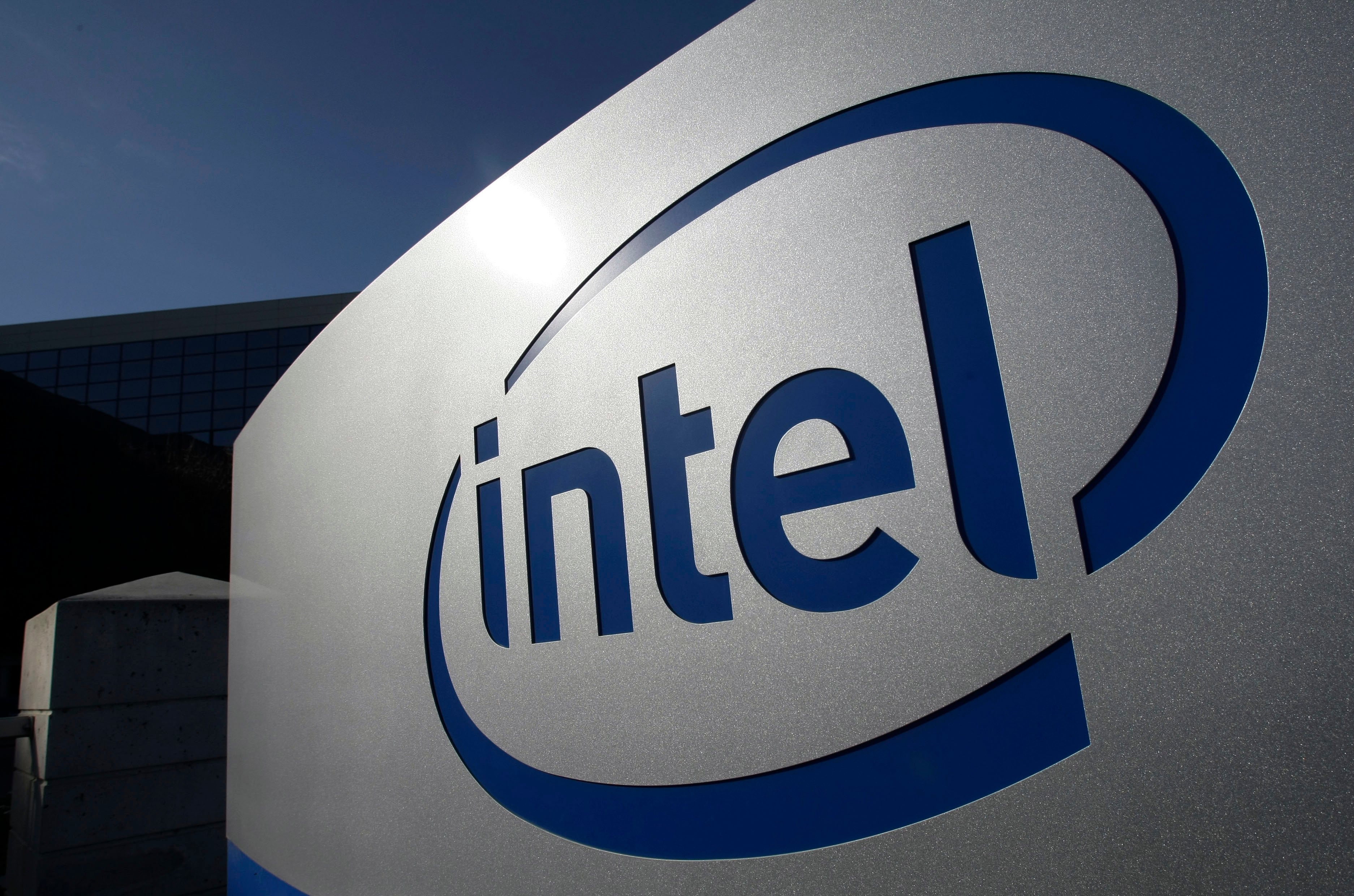Oil prices plunged early Monday on renewed fears of a prolonged slowdown in demand and an even greater glut in supply.
Prices of Brent crude, the benchmark for global oil prices and for U.S. gasoline, had fallen as low as $22.63 a barrel as of Monday morning, down 17% from Friday. The price of West Texas Intermediate, or WTI, the bellwether for U.S. shale oil production, also fell about 6% to roughly $20 a barrel.
The price drops came on the heels of President Trump’s decision Sunday to extend the country’s social distancing guidelines another 30 days – meaning that Americans and U.S. businesses will almost certainly need to continue following the practices as late as April 30. Trump had previously said that he’d hoped to see some businesses resume normal operations as early as Easter on April 12 – a prediction that was roundly criticized by health experts.
“That recommendation effectively stymies American oil demand by putting a lid on gasoline and jet fuel consumption,” said Ellen Wald, president of Transversal Consulting and a senior fellow at the Atlantic Council Global Energy Center.
Meanwhile, adding to the downward pressure on prices, Saudi Arabia on Monday morning announced that it plans to step up its oil exports in May. The move is being driven by the reduction in domestic demand – due to the kingdom’s own social distancing practices to slow the spread of coronavirus – and the completion of new power plants that burn natural gas instead of oil, Wald said.
The developments – and the resulting crash in prices – promise to prolong the pain for U.S. shale oil producers. The sector needs WTI prices to be, on average, more than twice as high as they are now – at least $46 a barrel – to turn a profit, according to a quarterly survey published last week by the Federal Reserve Bank of Dallas. The bank called the results the “bleakest since the survey’s inception” in 2016.
Saudi Arabia, the world’s No. 2 oil producer behind the US. and the top oil exporter, triggered the crash in oil prices earlier this month. The kingdom slashed prices and ramped up production in a move widely seen as aimed at Russia, after the Kremlin declined to renew an agreement with Saudi Arabia and OPEC to cut oil production to help shore-up global prices.













